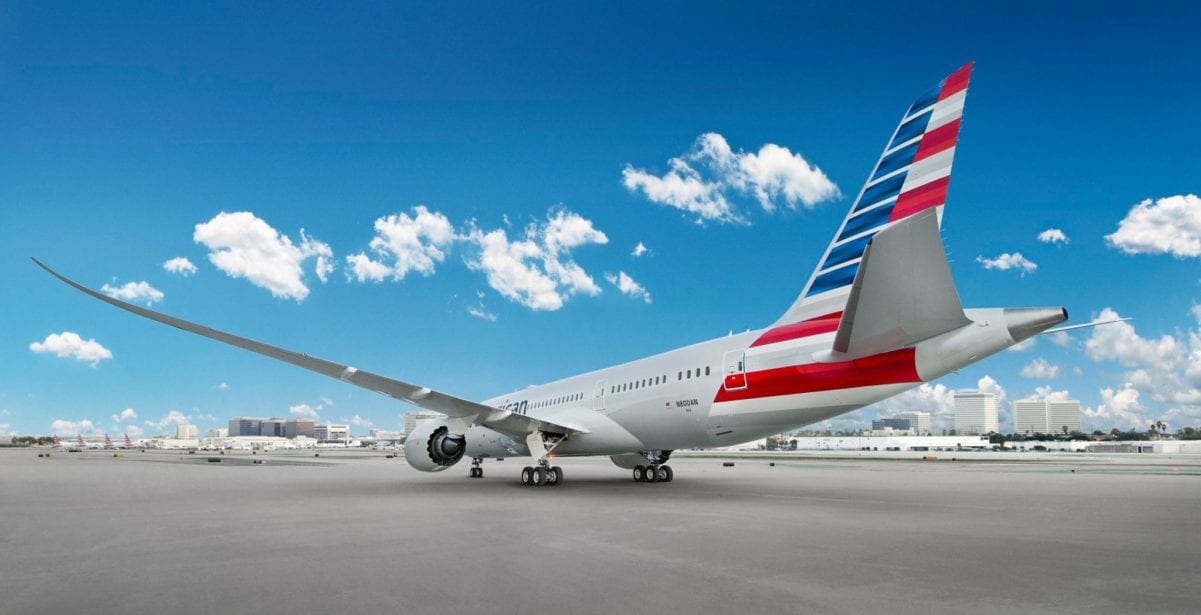As Delta's increasing use of AI to set flight prices off alarm bells nationwide, we wondered aloud on the Thrifty Traveler Podcast last week if any lawmakers or federal agencies would lay down some guardrails to protect consumers. It has begun.
Late last week, a pair of Democratic lawmakers in Congress introduced the “Stop AI Price Gouging and Wage Fixing Act,” which would ban corporations from using personal data and AI to charge consumers different amounts based upon their search and purchase history, location, address, gender, race, and more. The bill would also prohibit companies from tailoring wages based on personal data.
“You shouldn’t be charged more or paid less because of your ZIP code or search history,” Texas Rep. Greg Casar, the legislation's chief author, wrote on social media. “It’s invasive. It’s exploitative. And it needs to end.”
Casar cited Delta's own recent admission that it's already using AI-generated airfare on 3% of its fares, with the goal of bumping that up to 20% of its fares by the end of the year. Delta has denied it's using any personal data to adjust pricing – though Fetcherr, the AI startup Delta is working with, previously bragged about the prospect of “hyper-personalization” in airfare … before scrubbing those mentions from its website earlier this month.
But make no mistake: The entire airline industry – not just Delta – is pushing to offer some form of personalized airfare. The technology just isn't there yet: Airlines across the globe and industry groups have been working for more than a decade to modernize the surprisingly antiquated systems that set and sell airfare with the goal of personalization.
While airlines are in the crosshairs recently, the bill goes beyond establishing limits on using AI and personal data to set flight prices. In a release, Casar also pointed to a Federal Trade Commission study that showed “retailers frequently use people's personal information to set targeted, tailored prices for goods and services – from a person's location and demographics, down to their mouse movements on a webpage.”
“The bill would prohibit practices like an airline raising prices for an individual after seeing her search for a family obituary or a ride share app paying a driver less after seeing that she visited a pawn shop,” the release said.
That legislation may face an uphill climb in the Republican-controlled Congress and in President Donald Trump's administration. Only one fellow Democrat – Rep. Rashida Tlaib of Michigan – signed onto support Casar's bill.
While Delta is already using AI to adjust flight prices it thinks will drive more revenue, those fares are not yet individualized nor surveillance-based. Currently, all airlines submit all their fares by distributing them through a clearinghouse – meaning you will see the same prices as everyone else so long as you're searching under the same parameters, like one-way vs. roundtrip, the same dates, and for the same number of passengers.
Instead, airlines are routinely using different tactics to single out some travelers for higher fares. For example, they've resumed charging more for one-way flights than roundtrips in a bid to get more money out of business travelers. And, like we discovered this spring, some of them were charging more for solo passengers than for traveling pairs and groups.
While Casar's bill may not affect flight pricing today, it would set down limits on what data airlines can use in order to adjust airfare with the help of AI. And, perhaps more importantly, it shows that Washington, D.C. is watching them.
Because it's clear: Airlines want nothing more than to personalize pricing in order to maximize revenue. As Delta President Glen Hauenstein said it himself last fall: “We will have a price that's available on that flight, on that time to you, the individual.”
Bottom Line
Two U.S. lawmakers proposed legislation that would curb “Surveillance-Based Pricing,” a bill that came in direct response to Delta's admission that it's ramping up its use of AI to set airfare.
That bill may face long odds in the Republican-controlled Congress – and neither Delta nor any other airline is currently personalizing airfare. But this makes it clear that airlines are being watched.






